Henri de Beauregard is a lawyer at the Paris bar.
FIGAROVOX.- The judge of summary proceedings of the Council of State, seized by several faithful and associations, ordered the government to lift within eight days the ban on religious ceremonies. Concretely, does this mean that freedom of worship becomes the rule again, and its suspension, the exception?
Henri de BEAUREGARD.- Not quite. This means that the government must review its copy within 8 days and, after consultation with the worship leaders, propose a more adjusted way to reconcile health imperatives and freedom of worship.
What the judge in chambers criticizes is not the principle of a regulation applicable to gatherings in places of worship which constitute potential occasions for the spread of the epidemic: it is the disproportion between the general prohibition and absolute of these meetings on the one hand, and the health objective on the other. This disproportion is revealed by the more favorable fate that the "deconfinement plan" reserved for other places of assembly, showing that less restrictive measures were possible. It is now up to the government, in conjunction with the representatives of religions, to find a “tailor-made” balance: by reducing assistance in relation to reception capacities, by setting different rules according to the “zones” (red or green), by agreeing on a specific protocol for ceremonies…
With regard to performance halls, the judge replied that they do not cover a freedom of the same kind as freedom of worship.What are the arguments put forward by the judge to oppose the government? What is the exact status of “freedom of worship” in French law?
It was the disproportion that was chosen. The judge gave a detailed analysis with the following two variables: on the one hand the risk relating to the nature of the place and the activity, on the other hand the importance of the freedom at stake in this activity. To the applicants who mentioned public transport or shops, the judge replied that the risk may appear to be lower, but to the ministry which invoked the performance halls, the judge replied that they did not recover a freedom of the same kind as freedom of worship. It is thus, after balancing interests that the judge considers that the prohibition issued concerning places of worship appeared excessive in view of the objective pursued.
Even if it is an interim measure (that is, an emergency decision), the order includes what looks like a "recital of principle", that is to say, the case law affirmation of a principle, according to which “freedom of worship is not limited to the right of every individual to express the religious convictions of his choice while respecting public order (but) also includes, among its components essential, the right to participate collectively, subject to the same reservation, in ceremonies, in particular in places of worship ” . From this point of view, it is an important ordinance, which will be a milestone. She recalls that freedom of worship is not just a laissez-faire: it is a right, that is to say, a guarantee.
The Mulhouse rally was not representative of most of the worship ceremonies.The evangelical gathering organized in mid-February in Mulhouse is however held responsible for the very rapid spread of the epidemic throughout the Alsatian region. Isn't the resumption of worship a reckless decision?
The judge is not a doctor. He does not rule on a medical opportunity but on a legal situation. In this specific case, it weighs the situations arising from a decree which authorizes certain activities, allows meetings in closed places, but prohibits them drastically in all places of worship. He confronts this difference in treatment with one of the most protected freedoms of our law, which is freedom of worship. The Mulhouse rally was invoked by the ministry to justify its decision, but the judge observed that this rally was not representative of most of the worship ceremonies and that it was held at a time when no measures were taken. was still advocated.
Interrogated on several occasions on this subject, the government firmly maintained the ban on worship despite the start of deconfinement. Is the Council of State's decision an important political setback for the executive?
If one is cynical, one can imagine that the government saw this decision coming but wished to "hold" as long as possible. From this point of view, the ordinance, which gives him 8 days to organize the new regime of gatherings in places of worship, may appear to be relatively benevolent. Indeed, this leads to May 26, that is to say - more or less - the date on which the political power had indicated, in the last place, considering a resumption of rallies in places of worship. However, this remains a disavowal and a useful decision to affirm the contours of freedom of worship.
How is it that the French episcopate, which has repeatedly voiced its dissatisfaction, has remained behind this legal remedy?
The situation was not simple for the episcopate, and I understand that it was discussed there. While some of the faithful may have regretted that the bishops did not push their discontent into the judicial field, others believed that it did not belong to the episcopate, which continued to maintain dialogue with the political authorities with a view to a rapid resumption of worship, to "descend into the judicial arena". In the end, even if they did not file the appeal themselves, the fairly firm language used by the episcopate was reinforced by the judicial decision which even paid tribute - between the lines - deconfinement presented by the Conference of Bishops of France by emphasizing that "certain religious institutions (had) presented proposals in matters (security of activities related to worship) for several weeks".

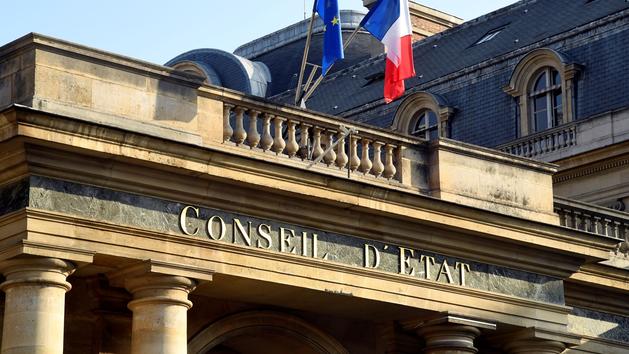


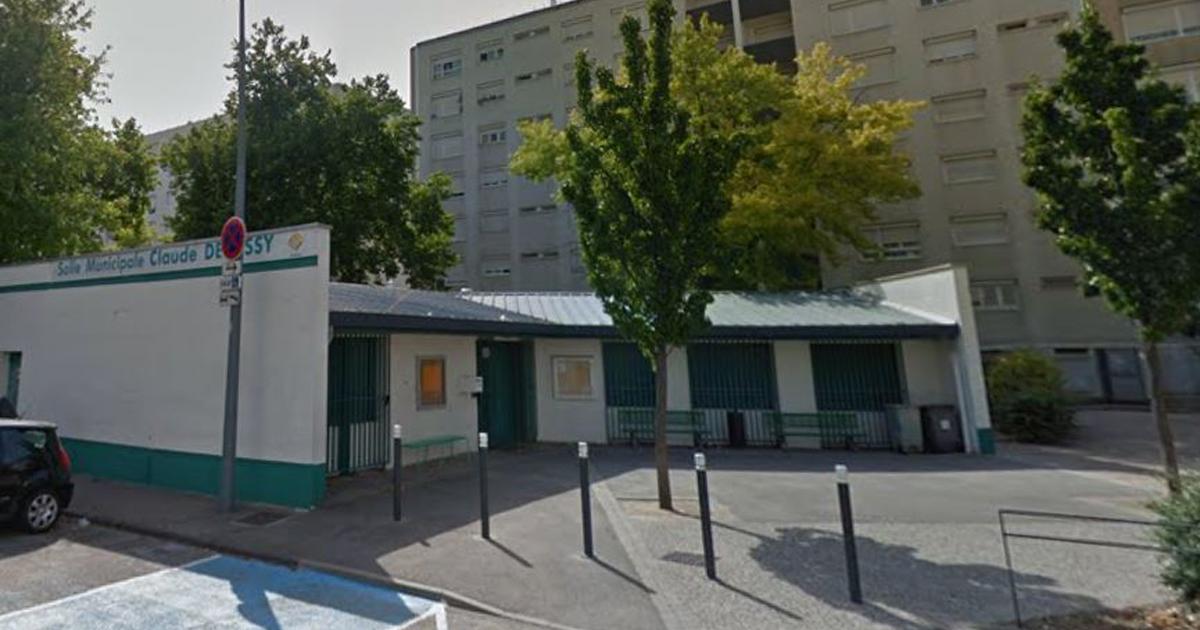


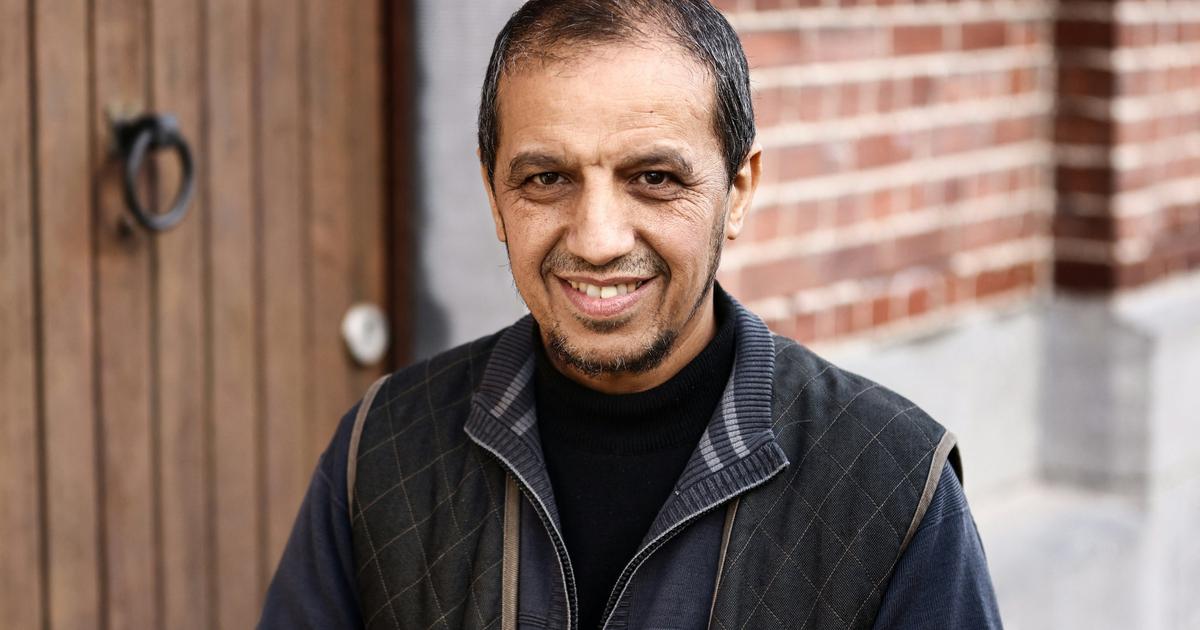
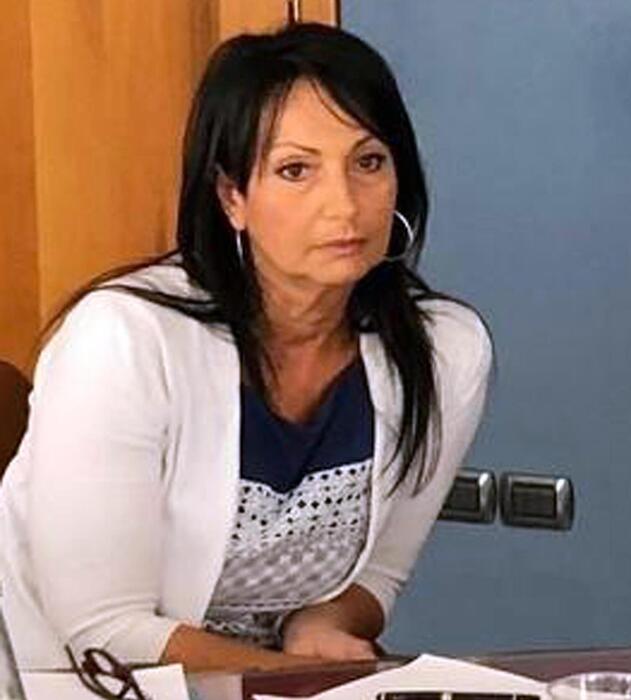
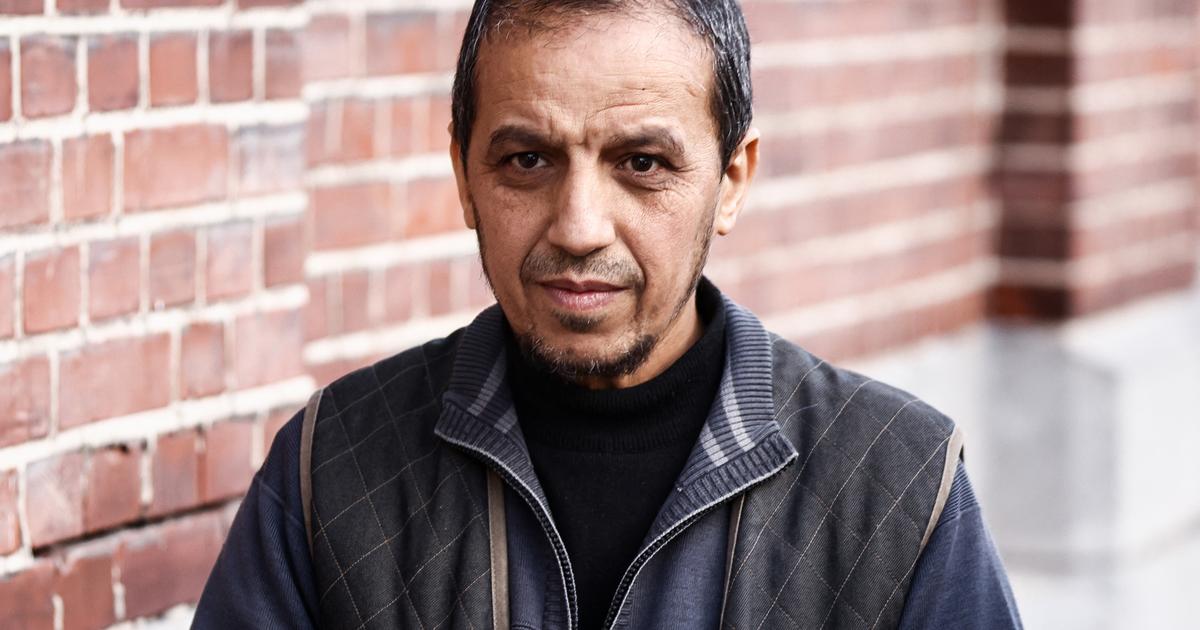



/cloudfront-eu-central-1.images.arcpublishing.com/prisa/KMEYMJKESBAZBE4MRBAM4TGHIQ.jpg)

